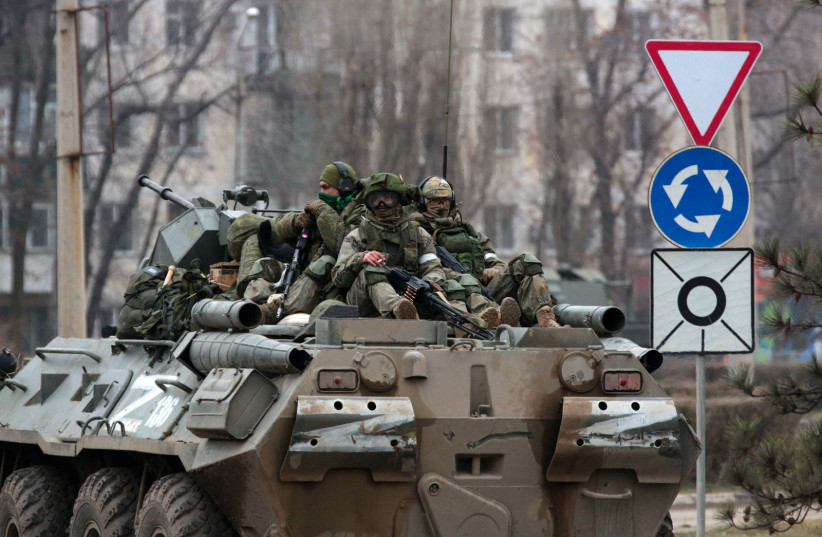Some 16 Ukrainian civil journalists were illegally jailed by Russian forces in the occupied Crimea peninsula, presidential representative of Ukraine in Crimea Tamila Tasheva revealed in a Media Center Ukraine briefing on Tuesday.
In addition, 13 Crimean journalists were also jailed by Russia since it captured and annexed Crimea in 2014, Tasheva said.
16 Ukrainian civilians who took up citizen journalism, the main source of information on happenings in Crimea since a ban on independent media was implemented, were jailed by Russian occupiers in order to "clean up the information field."
"These are people who had nothing to do with journalism or professional work before," Tasheva said. "These are very often former lawyers, service workers, who simply picked up the phones and filmed what was happening in the Crimea."
"For the last seven years, most of the information Ukraine has from Crimea is from citizen journalists"
Tamila Tasheva, presidential representative of Ukraine in Crimea

The arrest of Iryna Danylovych
Among the jailed civil journalists is Iryna Danylovych, the only woman persecuted for her journalistic activities in Crimea, according to Tasheva.
Danylovych disappeared in Crimea on April 29 while returning home from work. On the same day of her disappearance, it was reported that Russian security forces conducted a search of her home in Vladislavivka, a small village near the Crimean town of Feodosia.
According to Danylovych's relatives, a Russian document shown to them suggested the citizen journalist was arrested for 10 days due to her having "ties with a foreign state" and that Russian forces confiscated her phone and laptop. Russia did not release details on Danylovich's arrest.
Danylovich is currently held at a pre-trial detention center in Simferopol, the second-largest city in Crimea, Tasheva stated in Tuesday's briefing.
Russia's methods to obscure the truth in Crimea
Tasheva said that Russia's methods of persecuting journalists to control information coming out of Crimea continue to be in use after the invasion of Ukraine by Russian forces.
An analysis of 11 Russian-language online publications showed Russia was preparing residents of Crimea for escalation by splitting Ukrainian society through propaganda.
Researchers found 560 publications containing manifestations of hate speech against Ukrainians, carried out with the help of keywords that express hatred for Ukrainians: "Bandera," "Little Russians," "pig-speaking," "Ukrofascists," "Khokhlovs," "Dill," "Khokhlostan" and others.
On 10 of the 11 sites selected for the study, the publications contained hate speech, particularly against Ukrainians and Crimean Tatars, as well as strong anti-American rhetoric.